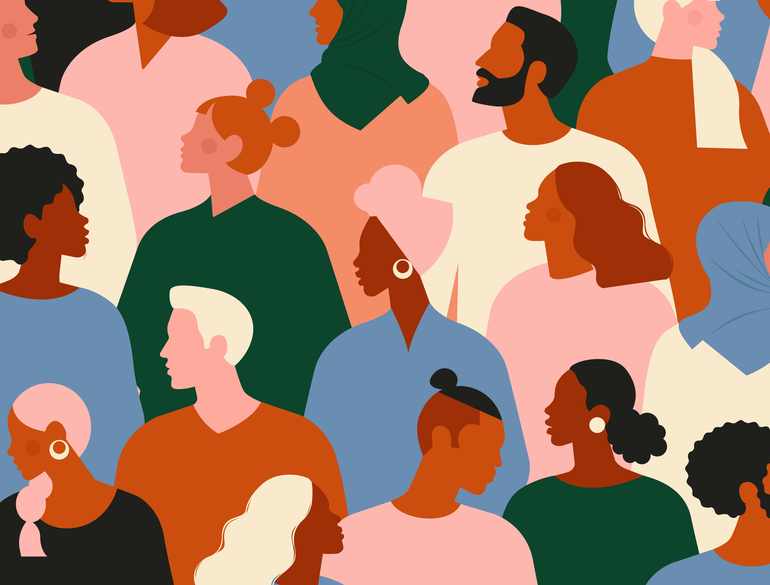
LC Packaging adopts B-BBEE codes stimulating inclusion
10. Juni 2022
LC Packaging has adopted the Broad-Based Black Economic Empowerment (B-BBEE) codes. During its first Q1 2022 B-BBEE audit, the packaging company was awarded a Level 7 rating. The B-BBEE codes were introduced by the South African Government to address the inequalities suffered by black* South African citizens because of the apartheid regime in the 20th century and aim to correct those inequalities of the past by promoting meaningful economic participation of Black South African citizens.
B-BBEE measures how transformed a local entity is in terms of including black people in its shareholding, management, employees, procurement, and donations. The measurement is done across 5 elements, namely:
- Ownership
- Management Control
- Skills Development
- Enterprise and Supplier Development
- Socio-Economic Development.
A good B-BBEE scoring ensures local entities the retention of existing customers, and the development of new customers, as local businesses are compelled to use B-BBEE compliant suppliers. The Government encourages entities to buy from entities that have higher B-BBEE credentials through the B-BBEE scorecard, where an entity gets more points in the procurement section if they buy from more compliant suppliers.
Level 7
A B-BBEE audit necessary to verify our B-BBEE rating took place in January and February 2022. LC South Africa was awarded with a Level 7 B-BBEE rating based on the points scored in our first audit, which is an excellent achievement. The highest achievable ranking is Level 1, and the company definitely aims to get closer to this level every year. To do so several opportunities are currently being investigated. In total, there are 8 levels and a level called non-compliant.
The measurement, called a verification, takes place annually in the first quarter after the financial year end.
Why is it important?
Apartheid (translated: ‘seperateness’ or ‘aparthood’) was a system of institutionalised racial oppression that existed in South Africa and Namibia from 1948 until the early 1990s. The system denied non-white South Africans basic human rights, such as the right to vote, and was characterised by an authoritarian political culture based on status (‘baasskap’).
Leaders at the time argued that South Africa did not comprise a single nation but was made up of four distinct racial groups: white, black, Coloured, and Indian. People were compelled to live in separate places defined by race and marriages between different races were prohibited. Additionally, non-white citizens were not allowed to own businesses in areas designated as ‘white South Africa', they were not allowed to buy certain products (e.g., hard liquor), and education was set up in such a way to prepare them for lives as a labouring class. To prevent immigration to other countries, citizens where obliged to always carry identity documents.
In other words, the ‘black’ people of South Africa had fallen behind compared to the ‘white’ people under the Apartheid regime. By specifically empowering them to develop their talents and occupy higher ranked positions, South Africa aims to reinstate an equal landscape with the same opportunities for all South African citizens.
*The definition of black for B-BBEE purposes is anyone that is South African and non-white.